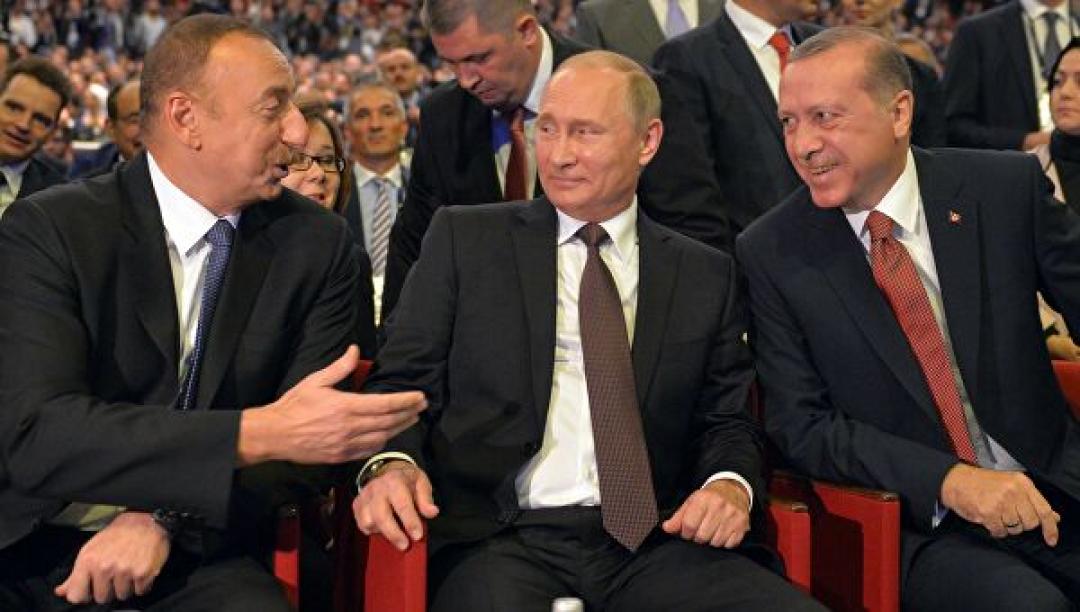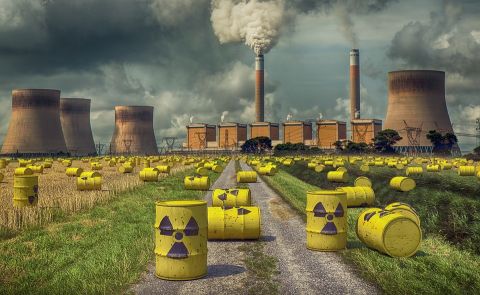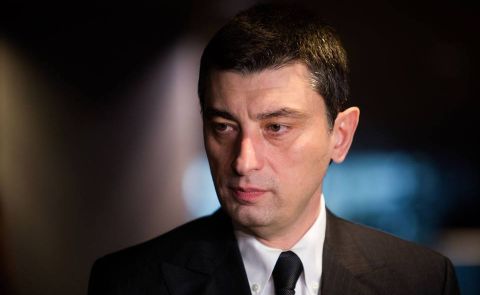
Nagorno-Karabakh: Putin and Erdogan discuss monitoring centre; EU, UN agencies and Japan send humanitarian assistance

On 18 February, Russia’s President Vladimir Putin and his Turkish counterpart Recep Tayyip Erdogan held a telephone conversation in which they discussed issues related to Nagorno-Karabakh.
According to the information from Kremlin, the two Presidents discussed the implementation of the agreements on Nagorno-Karabakh arising from the trilateral statements of the leaders of Russia, Azerbaijan, and Armenia dated 9 November 2020, and the 11 January 2021, and coordination of joint efforts for the socio-economic development of the region. The presidents also expressed their satisfaction with the activity of the Russian-Turkish Joint Center in monitoring a ceasefire. In addition, the spokesperson of Russia’s Ministry of Foreign Affairs Maria Zakharova stressed that the situation in the region has been stable in the past few days. “The situation in Nagorno Karabakh has been stable over the last days. Violation of ceasefire has not been recorded. Russian peacekeepers are conducting observation in 27 posts,” she emphasised.
According to the Anadolu agency, Erdogan noted that the joint Turkish-Russian monitoring centre in the Agdam region of Azerbaijan is successfully functioning. All parties must make a feasible contribution to ensuring the ceasefire in Nagorno-Karabakh, the Turkish leader stated. Erdogan also proposed to hold a meeting of experts from the three countries in order to increase the effectiveness of efforts to restore transport routes in Nagorno-Karabakh.
The European Commission announced €3 million in humanitarian aid to assist those affected by the recent large scale hostilities in and around Nagorno-Karabakh, including a significant number of displaced people. The EU Commissioner for Crisis Management, Janez Lenarčič, said: "Following the cessation of hostilities, the humanitarian crisis in the region remains dire and is currently exacerbated by the harsh winter and the coronavirus pandemic. The EU is stepping up its support for the conflict-affected population in and around Nagorno-Karabakh. It will help provide emergency supplies to those most in need.” The newly announced emergency support would help EU humanitarian partners to deliver food, shelter, winter items and other basic needs, as well as essential health services and psychosocial support to the affected population. Since the beginning of the hostilities in September 2020, the EU has mobilised a total of €6.9 million in humanitarian assistance.
Besides the EU, the UN Population Fund (UNFPA), the UN High Commissioner for Refugees (UNHCR) and the Japanese embassy in Azerbaijan have also sent humanitarian aid to the region. The UNFPA country office in Azerbaijan has completed the procurement and delivery of 32 emergency ISRH kits consisting of medical and reproductive health supplies to the Azerbaijani Health Ministry's Innovation and Supply Centre. The kits include medical items intended for the treatment of infectious diseases, clinical delivery assistance, referral level of RH, and blood transfusion supplies, according to the UNFPA. The kits will be distributed to the medical personnel of regional hospitals operating in eight districts (Aghdam, Barda, Tartar, Goranboy, Goygol, Aghjabadi, Ganja, Mingachevir) affected during the recent war.
The Azerbaijan Red Crescent Society started distributing essential items provided by UNHCR to Azerbaijanis who were affected by the war. The UNHCR office in the country said that the agency had sent 30,000 blankets, 10,000 square metres of plastic tents, 4,000 kitchen sets, 443 sets of sanitary and hygienic accessories, 12,000 pillows and 2,554 mattresses. This number of essential items have been allocated for 2,400 families (over 10,000 people).
It was also reported that the Embassy of Japan in Azerbaijan decided to allocate an urgent grant to the country in the amount of $1.2 million. The grant would cover assistance, namely, medical equipment to one leading clinic; providing safe access to water sources for about 500 people; restoration of temporary shelters for about 6,400 people and providing them with heating supplies; food to approximately 8,000 people.
The Armenian government also approved a new set of measures to provide assistance to the Armenian residents of Nagorno-Karabakh. The new set of measures are designed for a period of 4 months starting from March 2021. The Armenian residents of Karabakh will receive 68 thousand drams each month with the exception of men aged 18-63 and those without disabilities. This is expected to stimulate employment programs. The assistance will be credited to beneficiaries' bank cards. A simplified method is designed for the disabled and pensioners, who will receive assistance directly with their benefits or pension.
See Also


Russia Begins 24/7 Radiation Monitoring in Dagestan After Iranian Nuclear Incident

How Do Caucasus States React to Israel-Iran War?

Weekly Brief on Military Situation in the South Caucasus (9–15 June 2025)

Former Georgian PM Gakharia to Face Prosecution

